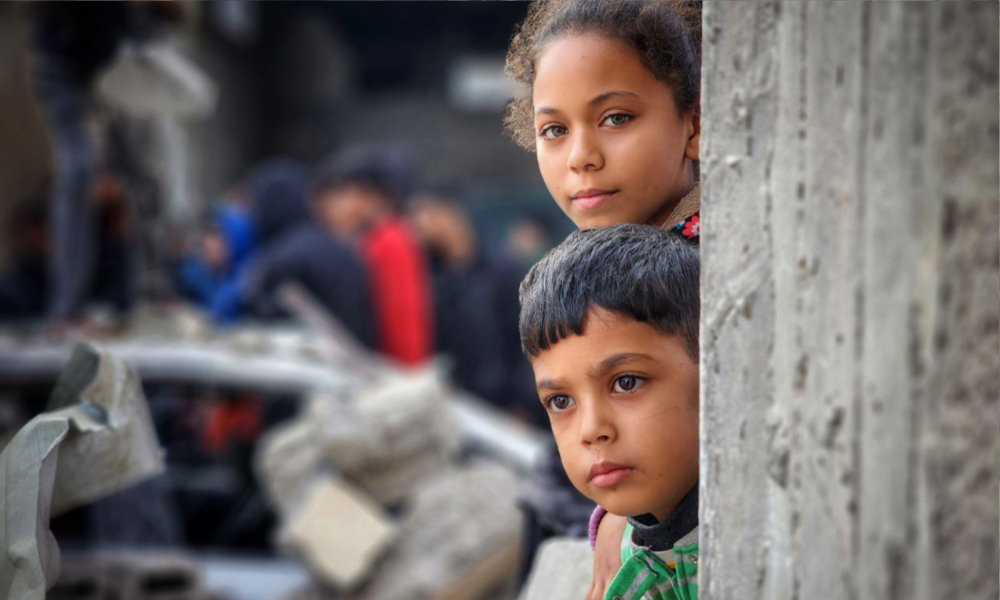The celebration of International Women’s Day annually on March 8 stands as a celebratory reminder of the many achievements of women across the globe who advocated for important reforms.
They have counteracted the prevailing oppressive systems which left women deprived of political capital and social mobility.
The celebration has its genesis traced to the tempestuous period in North America which saw massive strikes from labour unions that protested predatory working conditions.
The frustrations carried over from this would later undergo an important metamorphosis, transforming into a powerful movement which questioned the onerous terms under which women were expected to abide, such as the obstacles towards voting in the electoral process and sought to inspire sweeping social, political and cultural corrections which allowed for increased female empowerment and participation.
The United Nations began celebrating International Women’s Day in 1975 and the General Assembly would go on to invite member states to formally officiate March 8 as the day of the celebration - promoting efforts to uplift and support women worldwide.
The United Nations, in 2024, designated the theme for this year’s celebration, as “Invest in Women: Accelerate Progress.” Listing five main objectives on its agenda as its primary focus for this year’s celebration, they are the following:
Implementing gender-responsive financing
Shifting to a green economy and care society
Supporting feminist change-makers
Ending poverty
Investing in women
Lives threatened
A key area that ought to occupy the agenda for this year’s efforts is the present violence in the state of Palestine. The escalating conflict in the region following the Israel-Gaza war has threatened to systematically jeopardise and extirpate the lives of innocent women who have been inadvertently caught by the crossfire and violently assaulted.

Before the conflict, the UN Population Fund reported that “94,000 women and girls lacked access to sexual and reproductive health services.” This number has only been exacerbated since then, with thousands of women and girls deprived of basic hygiene, period, and pre-natal supplies.
The multiple casualties that have arisen threaten to eliminate the remaining infrastructure necessary to support Palestinian women - presenting an existential crisis of immense proportions.
It is important therefore that the crisis in Palestine, concerning International Women’s Day, is provided with the greatest degree of attention.
Stronger efforts to improve access to humanitarian supplies for women in affected regions are one of the many pressing needs of the region. Consensus between member states that advocate for the instituting of exclusive protections for women in the region must immediately be strategized and called for.
The agenda must also account for the reality of a post-war Palestine, in which efforts to promote investments and financing the areas of education and healthcare to benefit Palestinian women and girls must be made to allow for a comprehensive restructuring of the region.
It must ensure that they can bring about developments towards stability and growth. If this area of concern continues to suffer from further neglect, the historical efforts to uplift the women of Palestine will be aggressively reversed – severely undermining their welfare in the long term.
The views expressed here are those of the author/contributor and do not necessarily represent the views of Malaysiakini.

